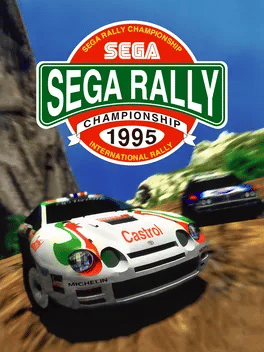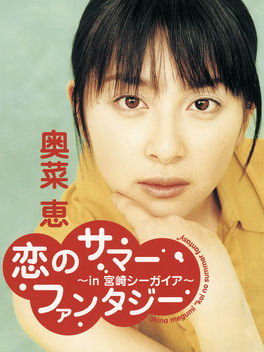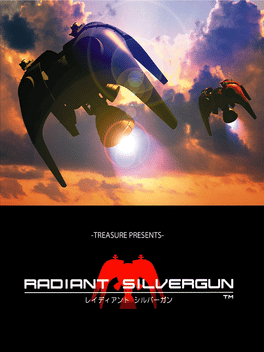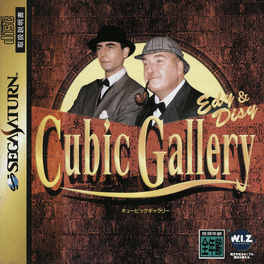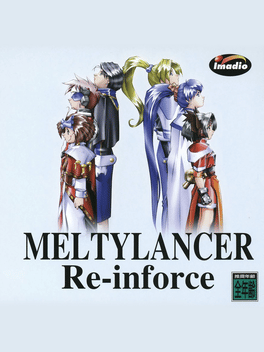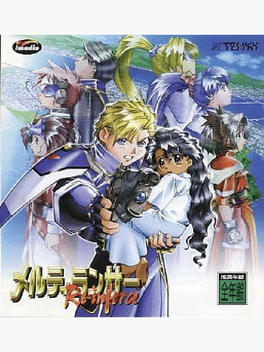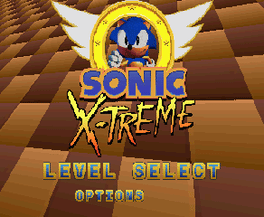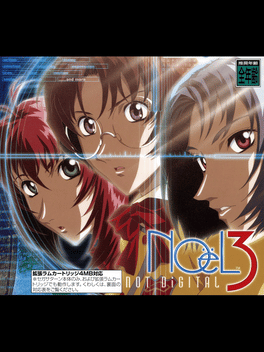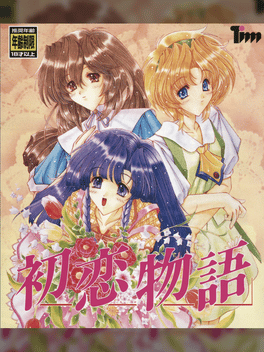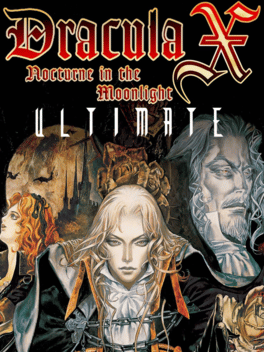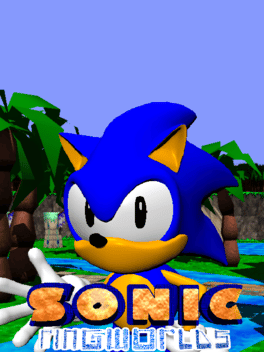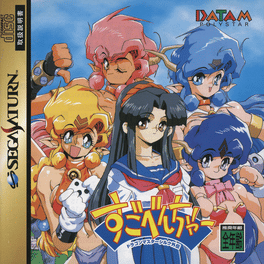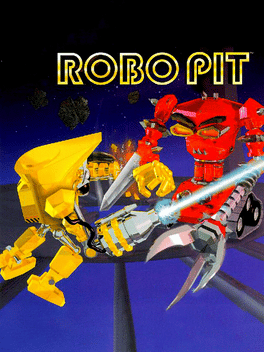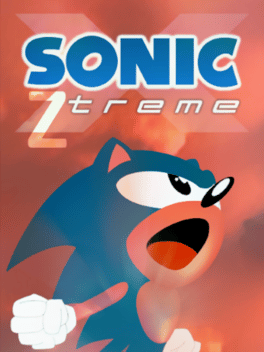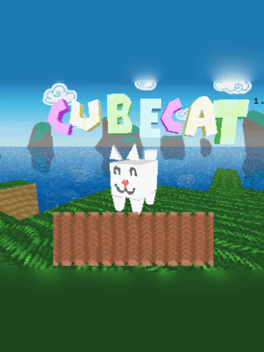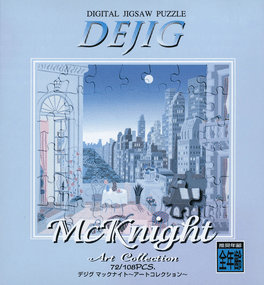Most Popular Sega Saturn Games - Page 2
-
Radiant Silvergun
1998
Radiant Silvergun
1998
The home port of Radiant Silvergun for the Sega Saturn includes the original arcade game, as well as an added story mode, featuring new FMV sunscreens as well as remixed and reorder stages, five new bosses, and the ability to carry over weapon upgrades after a game over. -
Cubic Gallery
1996
Cubic Gallery
1996
An educational adventure game where detective Edy and his assistant Disy explore the world of fine art to help the Mona Lisa. -
Meltylancer Re-inforce: Special Edition
1998
This special edition release of MeltyLancer: Re-inforce includes the game along with an audio drama CD. -
Meltylancer Re-inforce
1998
This Sega Saturn version of MeltyLancer: Re-inforce was released five months after the original PlayStation version of the game, and includes numerous changes and additions: - Battles have been redesigned in a turn-based tactical format rather than the semi-real-time format of the original. - New events have been added to the game, including several which make use of the Saturn's real time clock. - Several mini-games have been changed or replaced. -
Sonic X-Treme
2022
-
Noel 3: Not Digital
1998
Noel 3: Not Digital
1998
An Special Edition of Noël 3: Mission on the Line, This Special Edition of Noël 3 contains: - the game - a mini-CD single with two tracks: "Yuka kara no Message" and "White Morning" by Mayumi Iizuka (飯塚雅弓) -
Burning Rangers Tribute
2021
The idea behind this project is to honor the Sega Saturn game Burning Rangers and the creators at Sonic Team. -
Hatsukoi Monogatari
1998
Hatsukoi Monogatari
1998
Hatsukoi Monogatari is a life sim/love adventure game and a remake of the 1993 PC game of the same title. While the story and gameplay are largely identical to the original version, this remake adds a new character — the angel Liliana — along with new events and endings. The artwork has also been completely redone in a different style, with new character designs by a different artist than the original release. -
Dracula X: Nocturne In the Moonlight - Ultimate
2024
A mod which enhances the originally Japan-only game with some new features (like fixed sprites and transparency, the inclusion of a hard mode) along with content from other versions, especially the PlayStation version. -
Sonic Ringworlds
Sonic Ringworlds is planned to be an SA1-like Sega Saturn homebrew game. -
Robo Pit
1996
Robo Pit
1996
The Sega Saturn version is less polished with presentation and have a re-designed UI. It also adds a training mode. -
Cubecat
2021
-
Dejig: McKnight Art Collection
1997
Dejig: McKnight Art Collection is a jigsaw game for the Sega Saturn released as part of the Dejig series.
